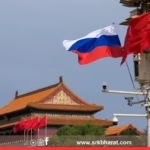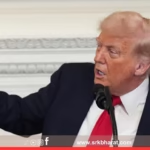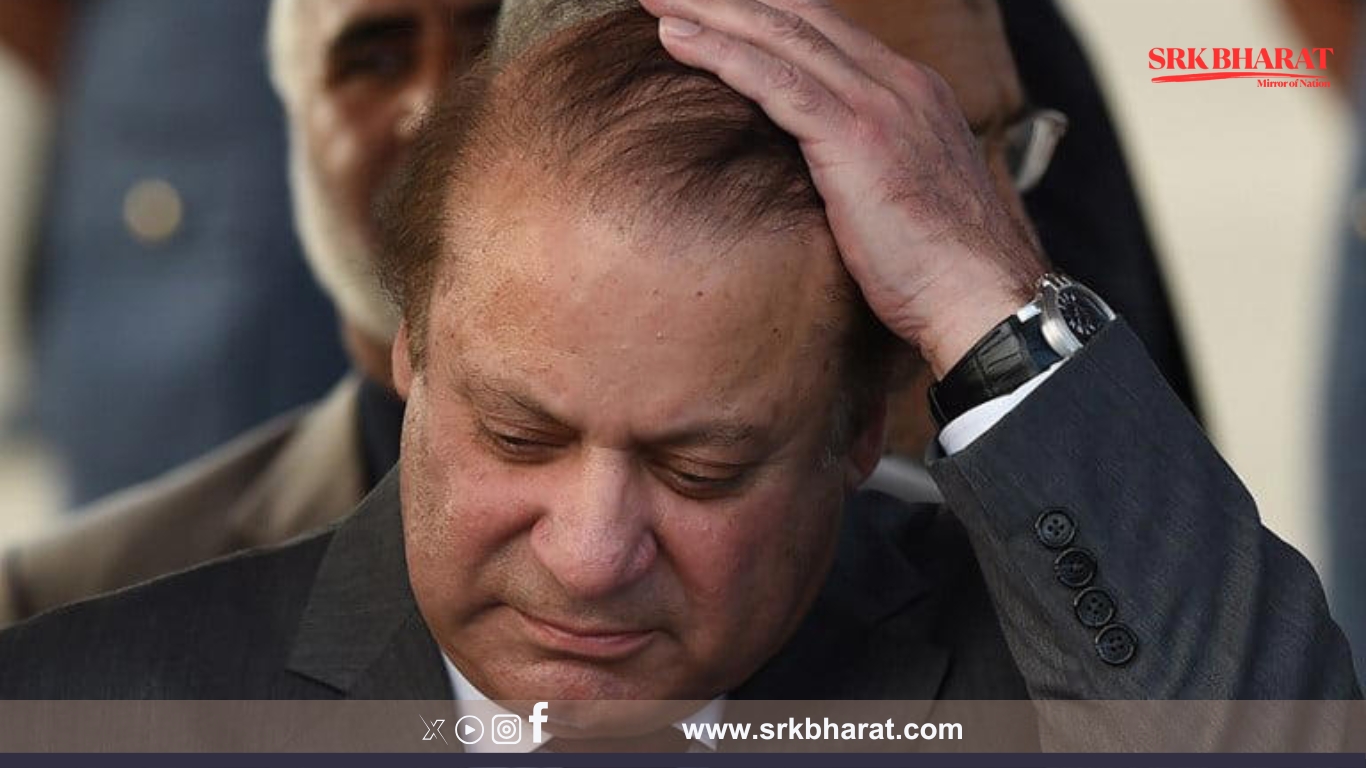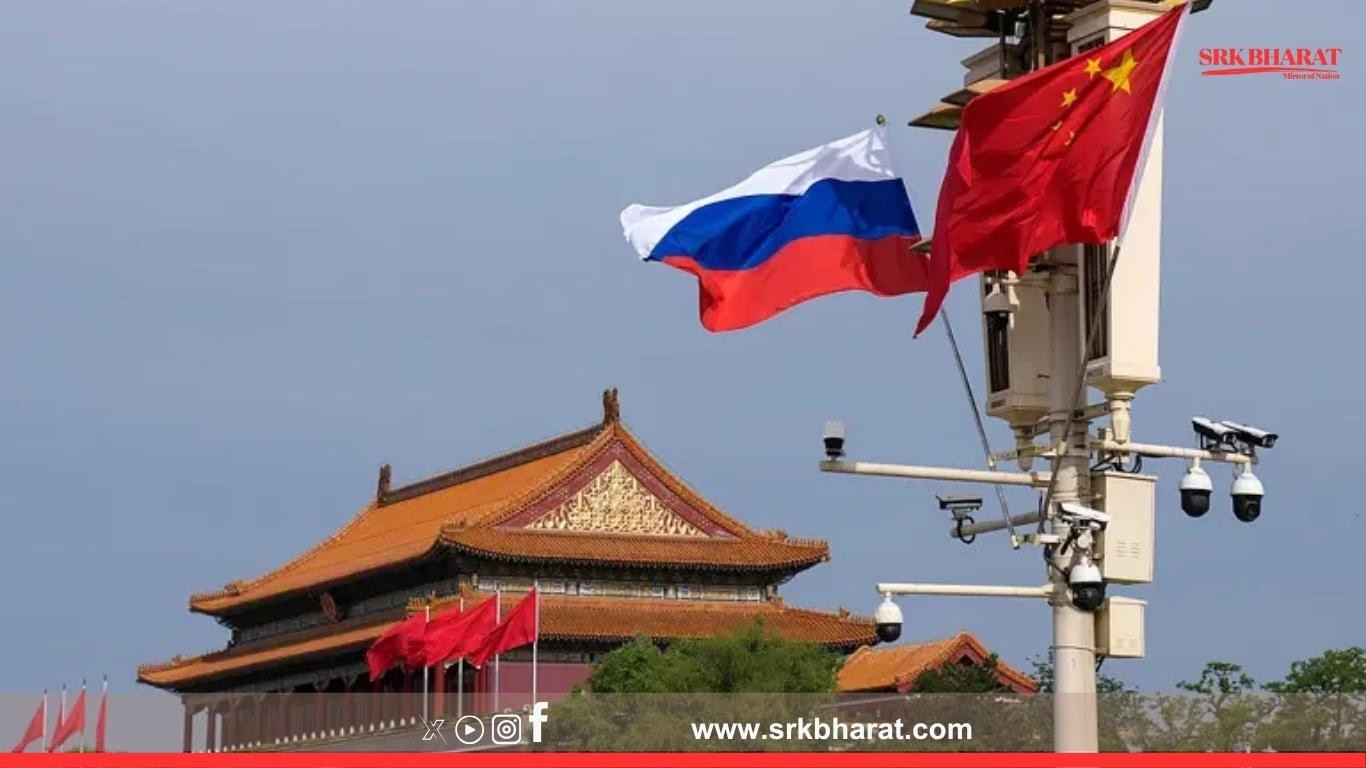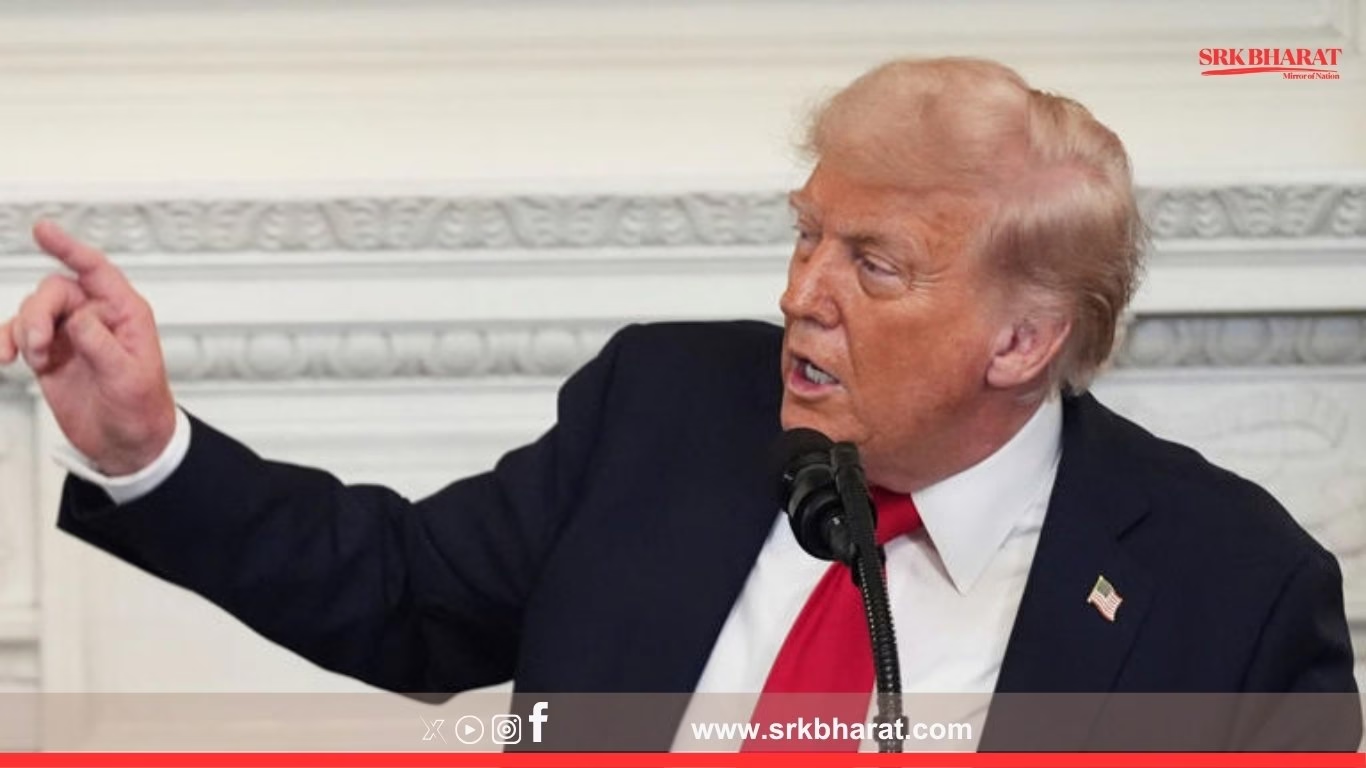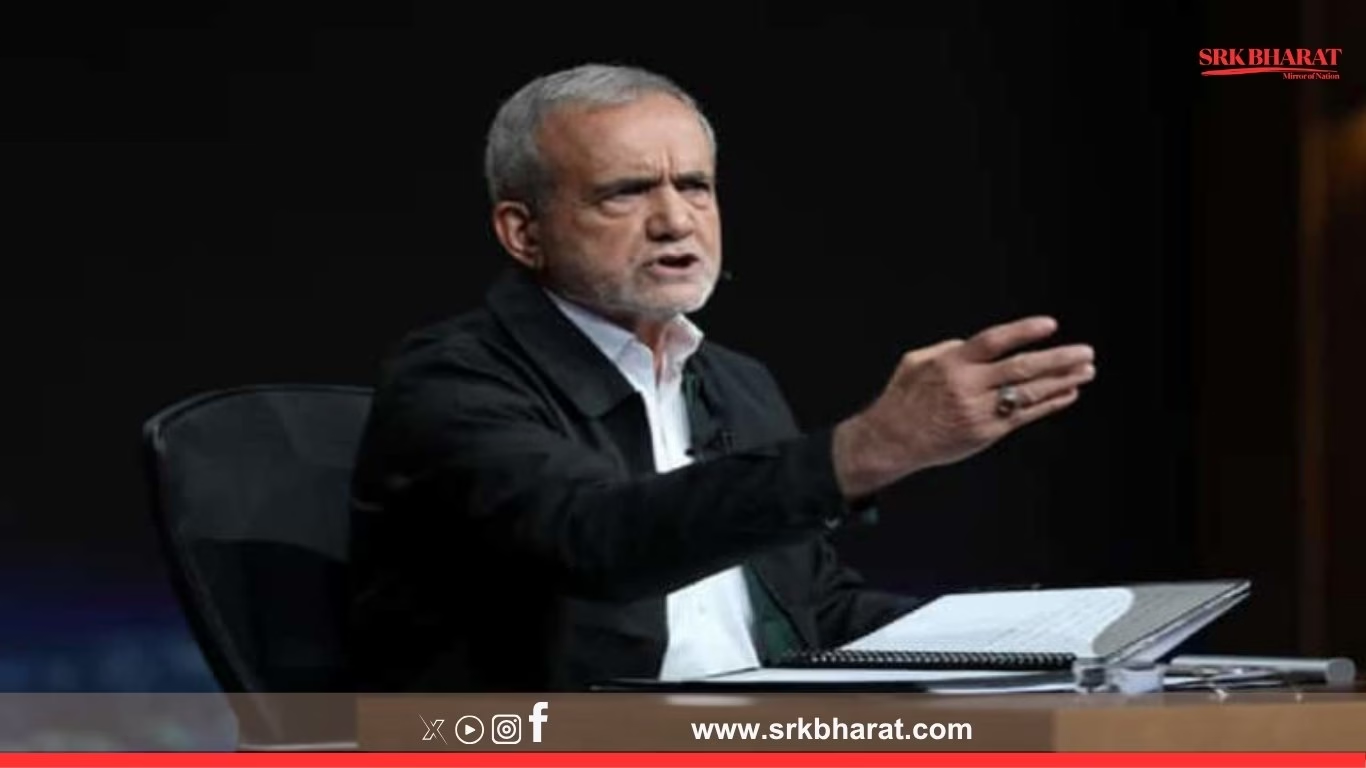A senior leader of Pakistan’s ruling PML-N party has claimed that former Prime Minister Nawaz Sharif personally supervised the planning of Pakistan’s military response to India during the recent four-day conflict. The statement has sparked controversy, raising questions about civil-military coordination in Pakistan.
Key Allegations & Political Fallout
- Supervision Claim: Pakistan’s Punjab province Information Minister Azma Bukhari asserted that the entire operation against India was designed under Nawaz Sharif’s direction.
- Sharif’s Diplomatic Stance: Despite the claim, Nawaz Sharif has consistently advocated for peaceful resolutions, stating that Pakistan prefers diplomacy but knows how to defend itself.
- Historical Context: Sharif, who served as Pakistan’s Prime Minister during the 1999 Kargil War, has previously been involved in high-stakes military decisions.
India-Pakistan Conflict & Ceasefire Agreement
The allegations come days after India and Pakistan agreed to a ceasefire, following intense cross-border exchanges that began with India’s ‘Operation Sindoor’ on May 7, targeting terror infrastructure in Pakistan and Pakistan-occupied Kashmir.
Pakistan attempted retaliatory strikes on May 8, 9, and 10, but failed to inflict significant damage, according to Indian officials.
Future Implications & Regional Stability
With Pakistan’s military posture evolving, analysts warn that civilian-military coordination in Islamabad could impact regional security dynamics. The claim also raises concerns about Sharif’s continued influence on national security matters, despite holding no official government position.
Stay tuned for more updates on South Asian geopolitics and security developments! 🚀



